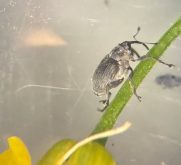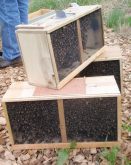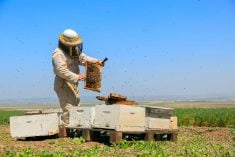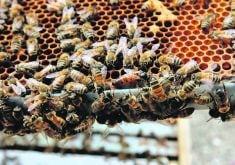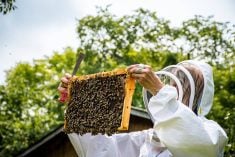After a challenging several months for Manitoba’s beekeepers, it was likely encouraging to hear some good news percolate to the surface.
The Manitoba Cooperative Honey Producers Limited (MCHP) is edging a step closer to the upgrade and modernization of its processing and packaging facilities – a move expected to result in expanded markets and new growth opportunities for the industry.
Guy Chartier, the co-op’s CEO, says that MCHP has been on this trajectory for quite some time, citing a recent land purchase destined to host a new facility. But its long-held goal of expanding markets and increasing sales has now been given a boost by a federal “repayable investment” of $2.2 million, facilitated through Prairies Economic Development Canada.
Read Also
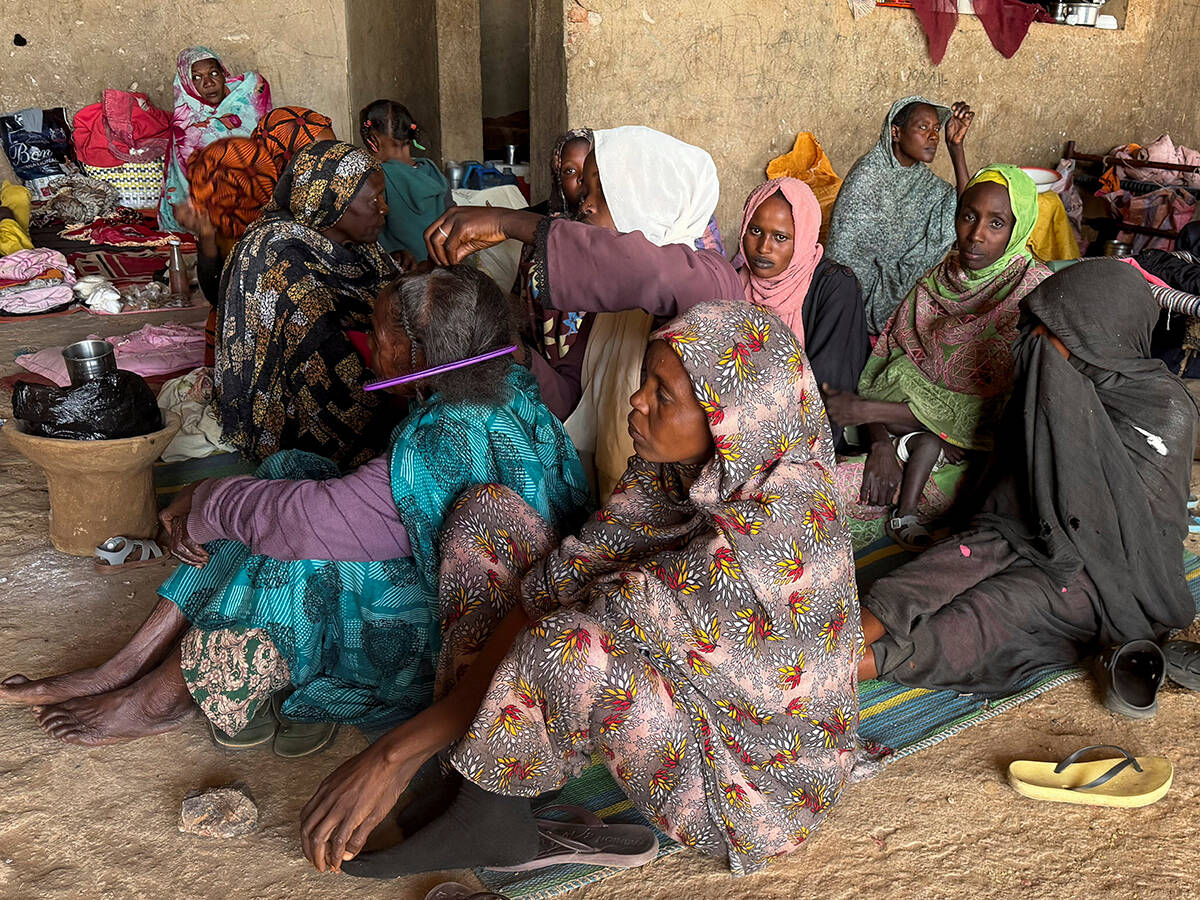
Global humanitarian aid slashed by one-third
Humanitarian aid around the world was cut by a third in 2025 and Canada is one of the culprits.
Why it matters: The Manitoba Cooperative Honey Producers is one of two co-ops, along with the Alberta Honey Producers Co-operative, that own BeeMaid, which markets western Canadian honey across Canada.
The funds are earmarked for new honey-processing and packaging equipment and to undertake market development activities to increase sales in Canada, the United States and Asia.
“Although we export honey to the United States and Asia, most of this honey is sold in drums to other honey packers,” Chartier said. “Our intent in the long term is to export a higher volume of our members’ honey as value-added, packed honey to be sold to retailers and distributors, so that we can continue to generate competitive returns for our members.”
Exactly what that will look like is not yet known. But Chartier says the equipment upgrades to their production and packaging facilities will make them more flexible in the way they market products and, in turn, that will open up opportunities to expand.
In Canada, MCHP honey is marketed to retailers and consumers across the country under the BeeMaid brand. Chartier says he’s unsure whether the market development will mean expanding the brand’s reach into foreign markets. However, he does predict increased sales of BeeMaid products.
“For the Canadian market, the honey category in grocery stores continues to grow year after year, and this is about keeping up with this growth,” Chartier said of the co-op’s plans. “As consumers continue to move to natural sweeteners, like honey, we believe that this category’s growth will continue well into the future.”
As for what this means for Manitoba beekeepers, it’s a little hard to get excited about emerging markets when last year’s drought and this year’s cool spring, along with pest concerns, are resulting in hive losses that the industry suggests could see a nearly 50 per cent drop in production for 2022.
“This shortfall will put pressure on domestically produced honey and we hope it doesn’t force retailers to look offshore for their needs,” Ian Steppler, chairman of the Manitoba Beekeepers’ Association, said.
Despite the dire situation, Steppler said he understands the importance of these initiatives for the future health of the industry.
“I have been a member of the co-op for nearly 20 years now, and I’m quite excited about the investments that we are in the process of making to modernize our facility and increase production,” he said.
He also pointed to excitement around expanding domestic and foreign marketing.
“The main reason why I am a member of the co-op is that being involved adds another layer to my business,” he said. “I can see the marketing process after I deliver my honey product. I can see it packed and I can see it being sold to customers on the retail shelf. I take a lot of pride in my honey product and I like seeing my honey packed and marketed as the natural, pure product it is with the integrity it deserves.”
Funding was announced by St. Boniface MP, Dan Vandal, the minister in charge of Prairies Economic Development Canada on May 15, which coincided with World Bee Day.
“Our government is working to help the agri-food sector and value-added agriculture thrive and be competitive in the global marketplace,” he said in an accompanying news release. “This investment in the Manitoba Cooperative Honey Producers Limited will create jobs in the Prairies, provide member beekeepers in Manitoba and Saskatchewan with a more stable income, and increase market output here in Canada and abroad.”






